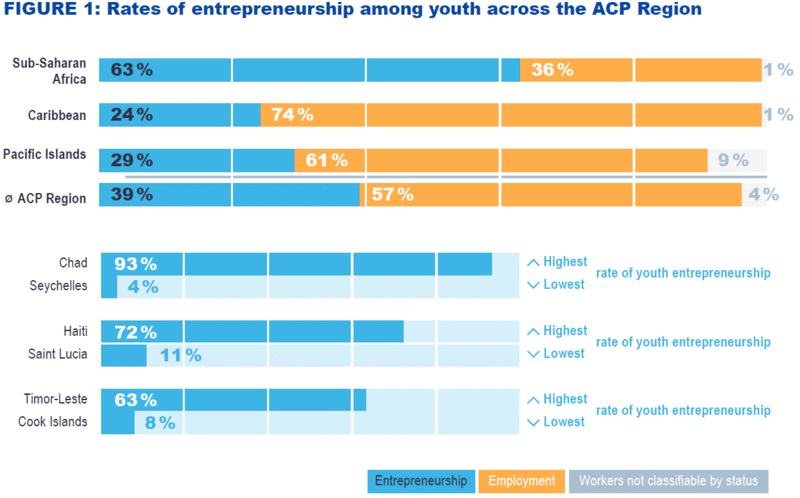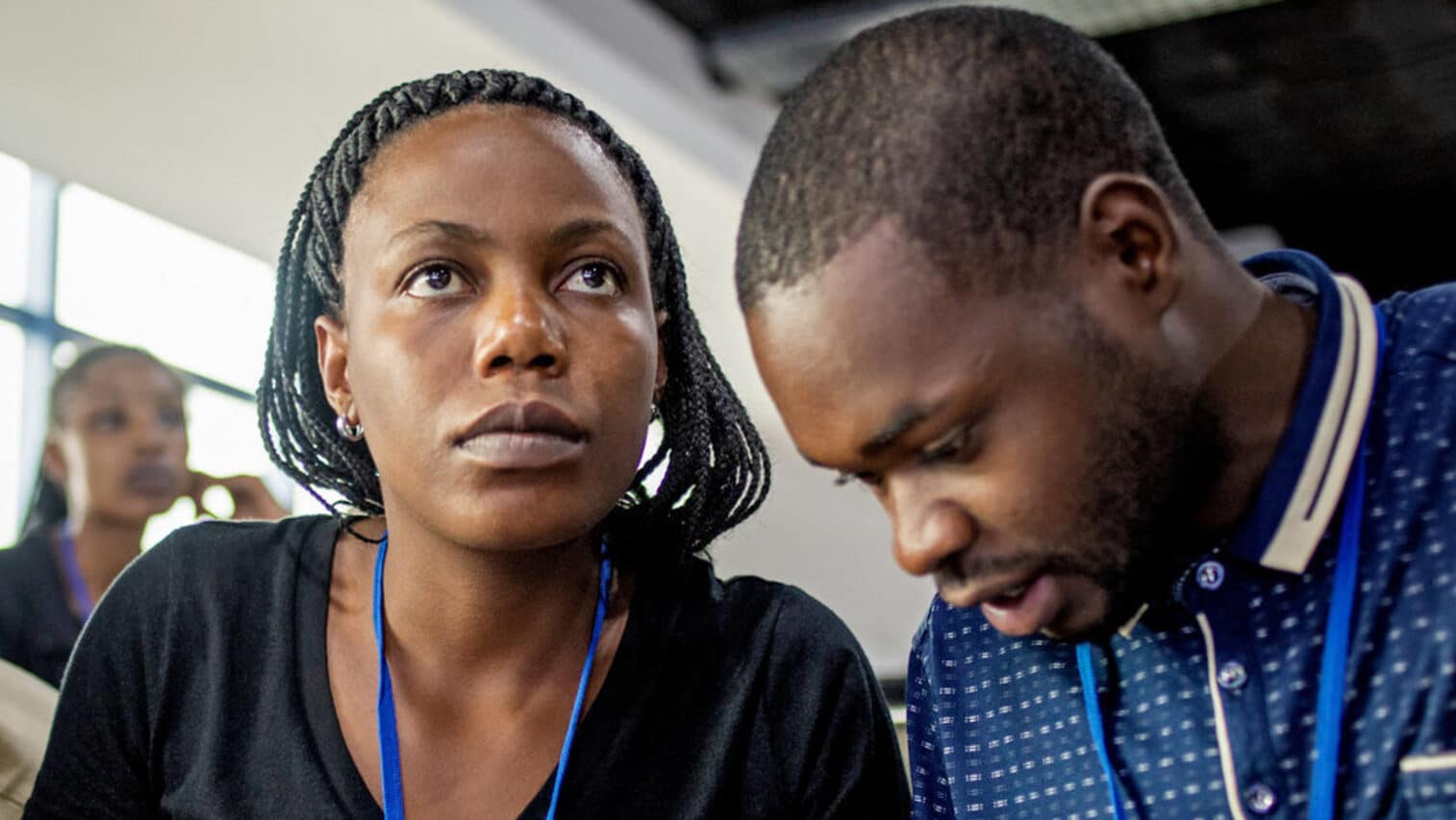Avikesh Kumar, is a 25-year-old young social entrepreneur from Fiji, and has been involved in championing youth development in Fiji for many years. He has served as a leader for several youth organisations, among others, these include the U.S. Embassy’s Youth Council in Suva, the National Youth Advisory Board under Fiji’s Ministry of Youth and Sports, and Youth for Integrity. In fact, he holds the distinction of being the youngest person ever appointed as the deputy chair of the Serua-Namosi District Advisory Council.
Avikesh runs Bula Pulse, an enterprise which focuses on beekeeping and prioritises community development through youth engagement. Whilst Avikesh has had good success in running his business, it has not always been straightforward. He reported young entrepreneurs in Fiji often encounter common challenges when starting a business, such as difficulty in accessing finance and obtaining relevant information to support the establishment and growth of their ventures.
According to Avikesh, young people’s access to opportunities for developing their businesses are hampered by poor policy and institutional conditions. For example, a lack of signposting and confidence when interacting with civil servants in Fiji make it difficult for young entrepreneurs to access support from government agencies. In addition, civil servants can lack the appropriate training and experience to provide effective service provision to young entrepreneurs, creating further barriers. Avikesh also notes that the existing state of youth entrepreneurship policy in Fiji can limit the scope of support and opportunities available to young entrepreneurs, which could otherwise broaden their prospects. Avikesh explained:
In Fiji, one entrepreneurship vision concerns addressing youth unemployment: this promotes entrepreneurship through self-employment, such as by offering training and grants. The Ministry of Youth and Sports holds the mandate for this… Another vision focuses on investing in economic growth. The Ministry of Commerce, Trade, and Tourism hold this mandate. However, there is a lack of integration between the two approaches. We need to improve policy mechanisms for engaging young people to inform part of a broader vision for entrepreneurship in Fiji. The breakdown affects the types of support and economic opportunities open to young people and opportunities to participate in other sectors that might be necessary.
In Fiji, one entrepreneurship vision concerns addressing youth unemployment: this promotes entrepreneurship through self-employment, such as by offering training and grants. The Ministry of Youth and Sports holds the mandate for this… Another vision focuses on investing in economic growth. The Ministry of Commerce, Trade, and Tourism hold this mandate. However, there is a lack of integration between the two approaches. We need to improve policy mechanisms for engaging young people to inform part of a broader vision for entrepreneurship in Fiji. The breakdown affects the types of support and economic opportunities open to young people and opportunities to participate in other sectors that might be necessary.
Young people in the Pacific region see entrepreneurship as a positive career path, but they encounter various obstacles to starting and running a business[I], as we saw in the example of Avikesh. Accessing government support is often a challenge, as it can be fragmented and difficult to navigate. Additionally, young entrepreneurs commonly lack essential resources, such as finance, collateral, relevant social and labor market experiences, and professional networks.
Opportunities for young entrepreneurs in the Pacific and beyond
Despite these difficulties, opportunities for young entrepreneurs still exist both in the Pacific region and beyond. Young people across the ACP region face comparable issues to Avikesh, making it crucial to establish better regulatory and policy environments that can assist them in overcoming the obstacles they face while establishing and growing their businesses.
Snapshot: youth entrepreneurship in the African, Caribbean and Pacific regions
Many governments in the ACP region have made supporting young entrepreneurs a top priority.
On average, more than one-third of young people in the ACP region work as entrepreneurs. Youth entrepreneurship levels vary significantly across regions and countries, with Sub-Saharan Africa having the highest rates of youth entrepreneurs (63%), followed by the Pacific Islands (29%) and the Caribbean (24%).
Women represent two out of every five early-stage entrepreneurs globally[II] and entrepreneurial activity among young women in ACP countries is high. However, according to the Global Entrepreneurship Monitor (GEM), their overall entrepreneurial activity at all stages of business development remain lower than that of men. Young men are 1.3 times more likely to engage in early-stage entrepreneurial activity and 1.6 times more likely to be established entrepreneurs than women.[III]

[i] Global Entrepreneurship Monitor (2018) Youth Entrepreneurship in Asia and the Pacific. Global Entrepreneurship Monitor Consortium, Babson College.
[ii] Global Entrepreneurship Monitor (2021) 2021/2022 Women’s Entrepreneurship Report – From Crisis to Opportunity. Global Entrepreneurship Monitor Consortium: Babson College.
[iii] Global Entrepreneurship Monitor (2015) Future Potential A GEM perspective on youth entrepreneurship 2015. Global Entrepreneurship Monitor Consortium, Babson College.
This publication is part of an intervention supported by the Investment Climate Reform (ICR) Facility. The ICR Facility is co-funded by the European Union (EU), the Organisation of African, Caribbean and Pacific States (OACPS) under the 11th European Development Fund (EDF), the German Federal Ministry for Economic Cooperation and Development (BMZ) and the British Council. The ICR Facility is implemented by GIZ, the British Council, Expertise France, and SNV. The contents of this publication are the sole responsibility of the author and do not necessarily reflect the views of the donors or the implementing partners.
